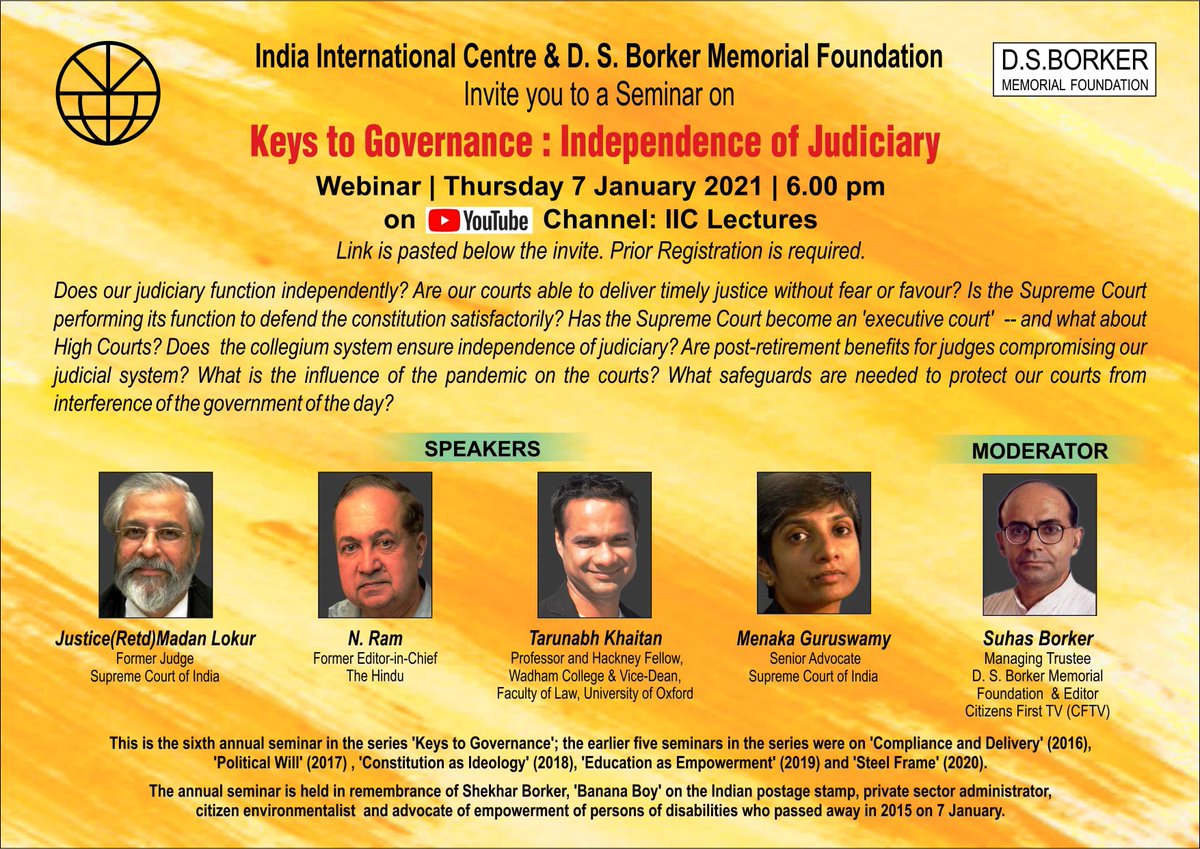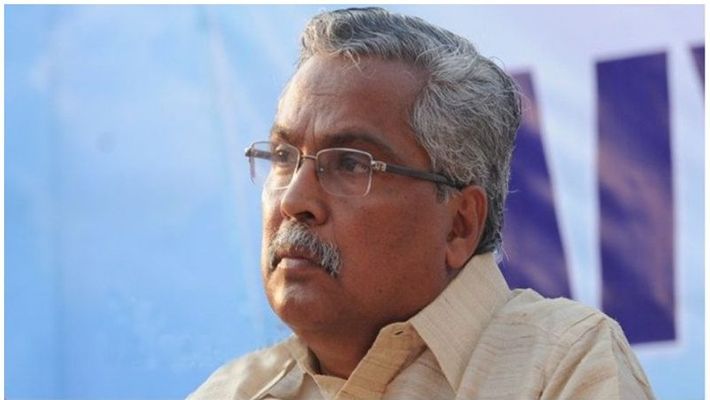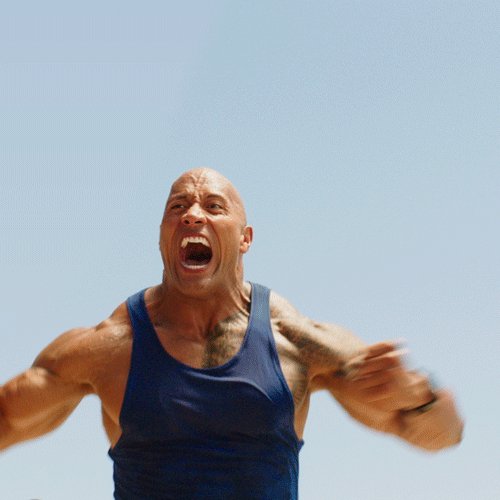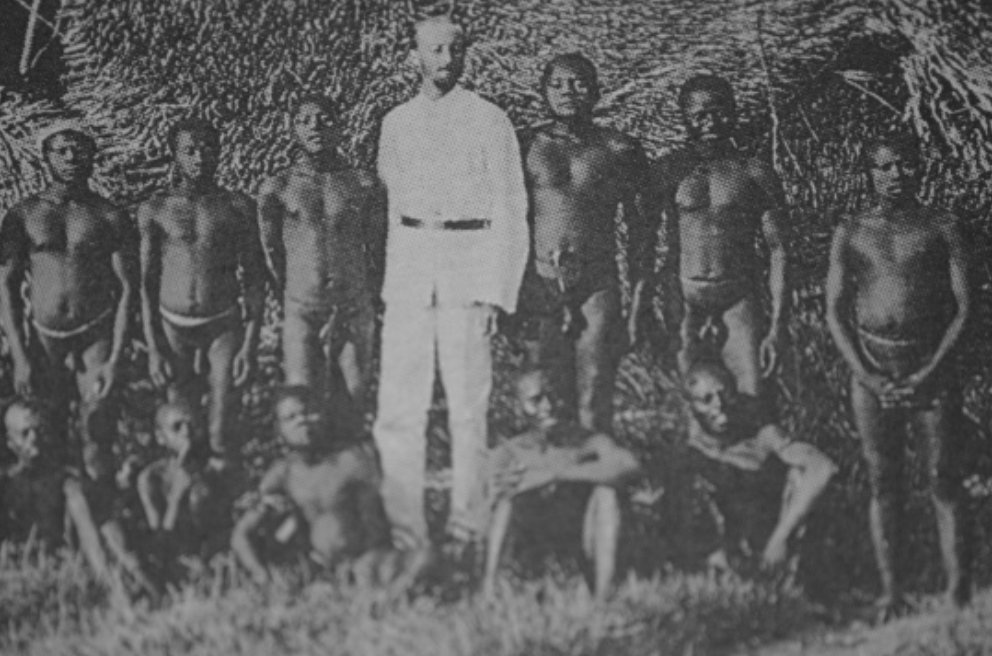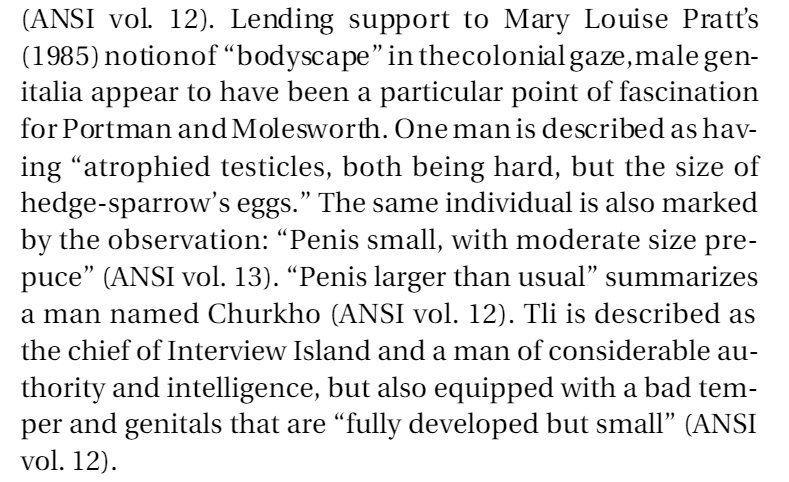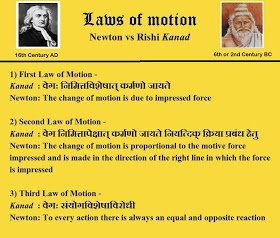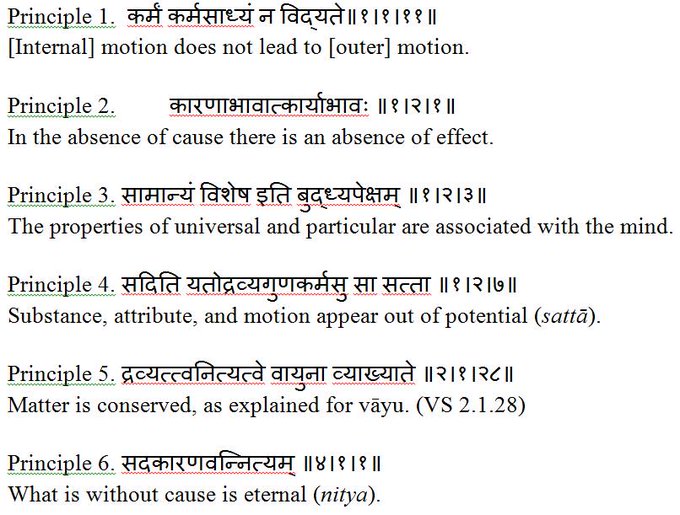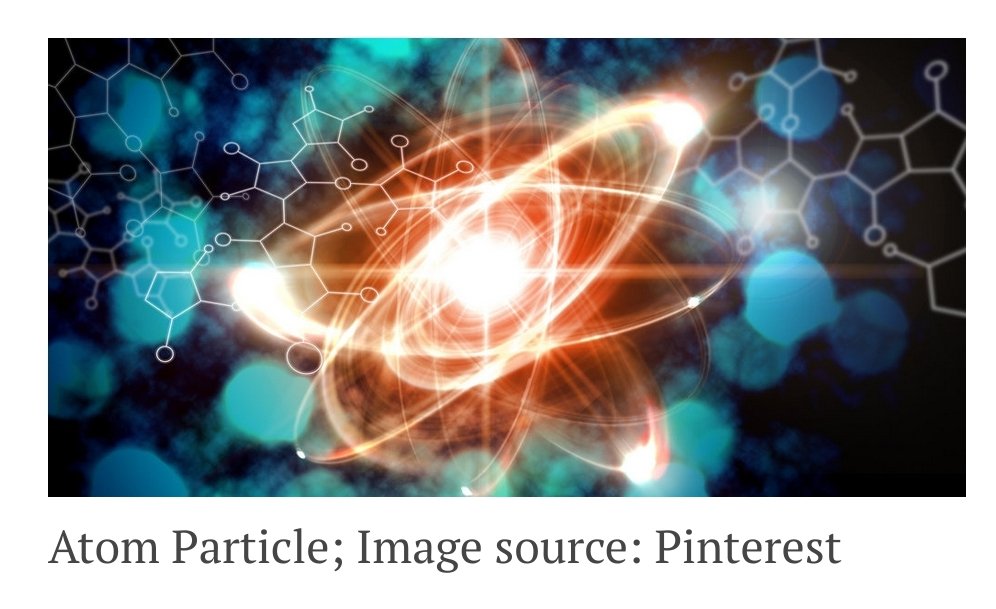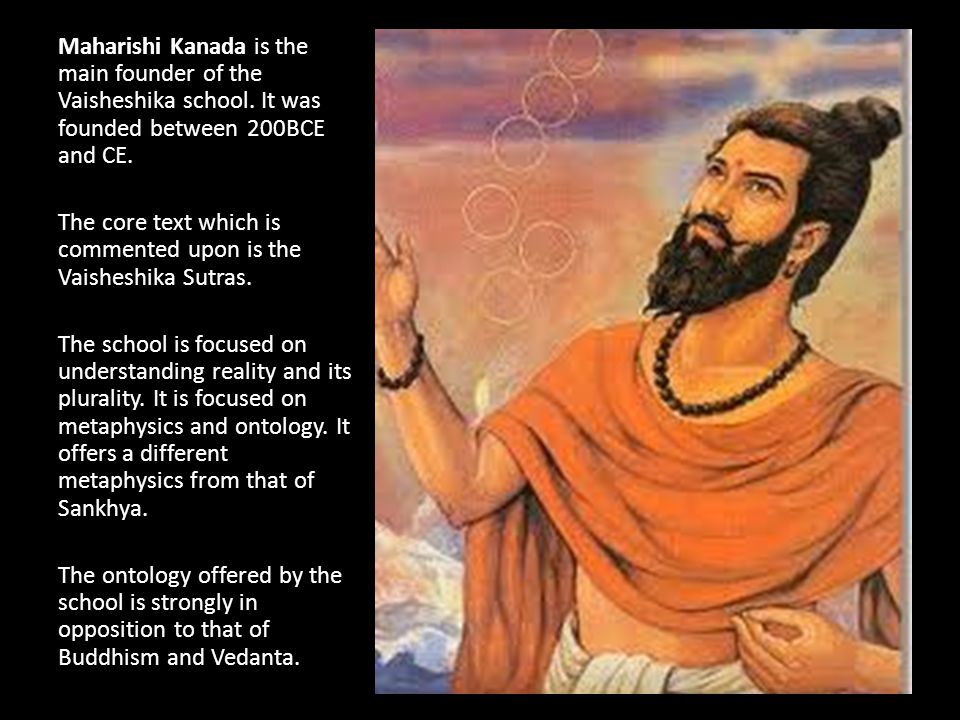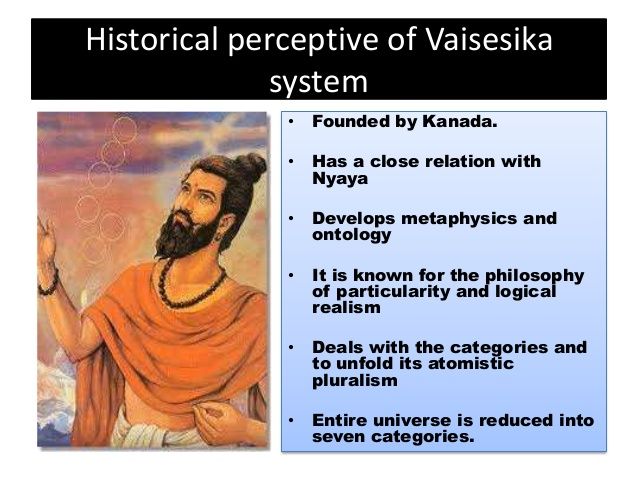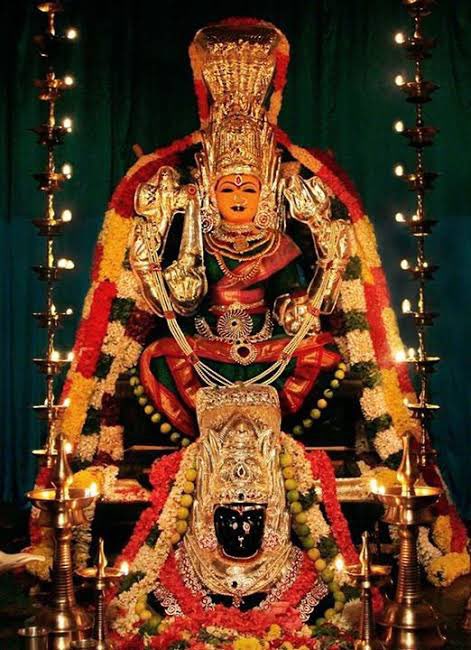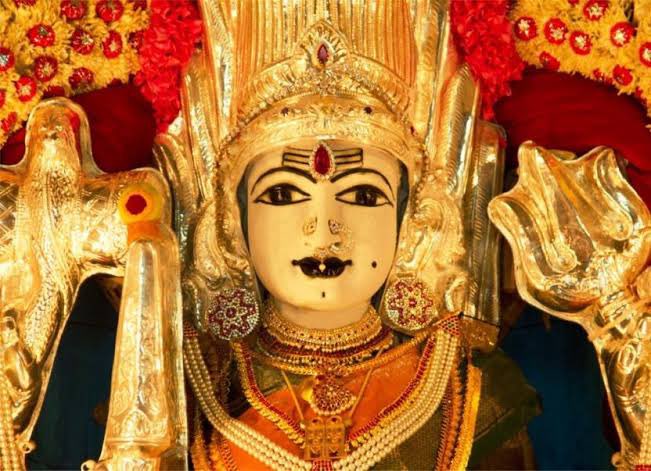Key Speakers:
1. Rtd. Justice Madan B Lokur, Former SC Judge
2. Tarunabh Khaitan, Vice Dean Faculty of Law, Oxford University
3. Maneka Guruswamy, Senior Advocate
4. N Ram, Former Editor in Chief, The Hindu
Moderator: Suhas Borker, Managing Trustee, DS Borker Memorial Foundation
The webinar has started.
Critical questions to be addressed in the webinar:
1. Is the SC performing its functions to defend the constitution satisfactorily?
2. Has the SC become an executive court?
3. Does the collegiums system ensure independence of judiciary?
4. Are post retirement benefits for judges compromising our judicial system?
5. Is there a need to increase the retirement age of judges?
6. Should there be a bar for restricting the post retirement jobs to judges?
7. How do you keep the government of the day at bay from exercising interference on the court?
Rtd. Justice Madan B Lokur : We have had a very tremulous past two years (2019 and 2020) for a variety of reasons. I would like to see to the future and on what can the judiciary do now.
Rtd. Justice Madan B Lokur : First of all, regain the prestige, some of which was lost during the last two years and second, deliver justice to the people of India.
Rtd. Justice Lokur : The judiciary needs to be far more transparent than what it is at the moment. There is a need to have Public Relations Officer at the SC and even the HCs. The judiciary will be more accessible to the people.
Rtd. Justice Lokur (On collegiums system): The fact of the matter is when a name is recommended by the collegium of the HC, everybody in the HC knows who is being recommended. It is like an open secret.
Rtd. Justice Lokur: Why not just own up and we have recommended such person? That is a part of transparency. In US we have proceedings before Senate where the judge is questioned. In England the SC invite applications and they consider it. There is no harm in identity disclosure.
Rtd. Justice Lokur (On NJAC Judgment): Suggestions were invited from the public on what should be done and how can one go about it. Department of justice looked into it and about 4000 suggestions came. It was compiled and submissions were made by lawyers.
Rtd. Justice Lokur (On NJAC Judgment): The memorandum of procedures were prepared. However, officially it appears that it has not been signed. But it is being implemented. The collegium system can be changed.
"It is not that the collegium system is perfect but we cannot have anything better till the time somebody gives us better suggestions.Another aspect to this is that govt has a major role to play in appointment of judges.The whole thing has to be looked in larger context."
Rtd. Justice Lokur: Another aspect is that we must use technology. The pandemic has helped us in this aspect. I think the time has come now to have live streaming of court proceedings especially in important matters.
(On post retirement benefits):It depends on the judge.This morning I was watching CNN on what happened yesterday in US and one of the speakers talked about “Republican Judges”.Can you imagine somebody saying that a particular judge is associated with a political party in India?
Rtd. Justice Lokur: Lastly, judiciary need introspect. Judges need to sit together and discuss, what in these years went wrong.
N Ram: Gautam Bhatia in his very robust criticism on the performance of SC in the last few years asserts that under one particular CJI, the SC was in the process of or had already become an executive court. I followed this argument quite closely.
@gautambhatia88
N Ram: It was with reference to some particular cases such as Assam NRC. He was talking about use of sealed covers, rafale case, treatment of fundamental rights not as entitlement but as charity according to him in habeas corpus petitions and unnecessary judicial rhetoric.
N Ram:There is a very good article by Maneka Guruswamy “In Modi’s India, the Love Jihad Myth is Made Law”.We are happy to find that HCs have come with good judgments. While it is an exaggeration that the SC has far gone in becoming an executive court, there is a real point there.
N Ram: Something that bothers us a lot is that there is a lot of focus on Chief Justices. Although we are not allowed to take names but it is obvious who we are talking about. We are very concerned about almost dictatorial power to CJI to allocate cases to particular benches.
N Ram: This is no secret because 4 of the senior most judges had a very famous conference. Cases were allocated before benches in a very mysterious and non transparent ways.
N Ram: It is no secret that there is considerate dissatisfaction over the way cases are allocated. There was a famous discussion in the Constituent Assembly in December, 1948 where Dr. BR Ambedkar talked about constitutional morality.
N Ram while quoting BR Ambedkar: “Democracy in India is only a top-dressing on an Indian soil which is essentially undemocratic”
Whatever constitutional arrangements you make, it depends on people and the parties and judges themselves to ensure independence in judiciary.
Tarun Khaitan: In a constitutional democracy, the judiciary has key duties. One is to adjudicate in accordance with law. This is important because its not just adjudicating in accordance with law but without regard to anything other than the law.
@tarunkhaitan
Tarun Khaitan: In one of the problems we face in Indian judicial discourse is that we often judge our judgments based on the outcome of the court alone without looking at the reasoning of the judge, fidelity that the judge has displayed in adjudication.
Tarun Khaitan: Another problem is with the constitutional defense function and the role as the watchdog of the constitution. This is not the duty of the court alone but of the presidency, parliament, opposition and the host of other institutions.
Tarun Khaitan: The crisis of Indian judiciary can be divided in two broad reasons. One is about the crisis of capacity in discharging these functions and second is the willingness of certain personnel of discharging these functions faithfully.
Tarun Khaitan: Upendra Baxi has written one of the very influential works in his book “Crisis of the Indian Legal System” where he talked about delays, pendency and quality of judges and lawyers, access to justice issues etc.
"So the system was creaking even in the 1970s and 80s and we have a monstrous problem of capacity presently." he continues.
Tarun Khaitan: On the unwillingness of judicial system, we know that the colonial system of policing and prosecution we have inherited and refused to change has become a huge problem where the police and prosecution works in largely partisan political manner.
Tarun Khaitan: (On unwillingness of the constitutional courts in discharging the constitutional duties) The exceptional function of the SC to adjudicate on SLPs today occupies to almost 85%. This is data based on 2011. This is not constitutional defense.
Tarun Khaitan: Constitutional defense work is done by adjudicating upon writ petitions which contribute to less than 2% in 2011. Its to my mind shameful that the SC is spending its time hearing corporate appeals while 100s of habeas corpus writs are pending.
Tarun Khaitan: A recent official report showed that 99% of habeas corpus petitions in the Jammu and Kashmir HC are pending since August 2019. This is intolerable and should be intolerable in any democracy.
Tarun Khaitan: The SC has to be internally divided and a constitutional division has to be created to ring fence its constitutional defense function from its appellate role. The appellate role cannot be allowed to cannibalize its constitutional role function.
@tarunkhaitan
Tarun Khaitan: There are three opportunities of external influences over a judge. First, before his/her appointment. Second, during her tenure. Thirdly, Post retirement. All three need attention to safeguard judicial independence.
Tarun Khaitan (on post retirement benefits): There is no reason why HC or SC judges should have different retirement ages or why both the retirement ages cannot be upto 70 years.
Tarun Khaitan : Judges have to be ineligible for any post retirement benefit or office of profit. This is just creating structural inducement for judicial partiality.
@tarunkhaitan
Menaka Guruswamy: We live in a time where the Courts are virtual but the parliament is not in session. I will focus on two aspects of the opportunities that virtual courts provide and the role of the SC given that parliament isn’t meeting.
@MenakaGuruswamy
Menaka Guruswamy:There are four issues that virtual courts bring forth. One, issue of access to justice. Two, opportunity to bring transparency to the judicial system.Three, bringing process of judicial decision making in public eye.Four,constitutional expectation of parliament.
Menaka Guruswamy: Art. 145 of Constitution provides that no judgment shall be delivered by the SC save for in an open Court. the CrPC also expects that a criminal court is a place where the public generally may have accessed. CPC expects a court to be an open court.
Menaka Guruswamy (On the idea of open court): Bentham captures the idea very correctly when he says “Soul of justice is directly proportional for the publicity that is in place for that process of justice and this is when you have checks on judicial injustice.”
Menaka Guruswamy: The SC in the case of Naresh Mirajkar held that trials must take place subject to public scrutiny and gaze naturally acts as a check against judicial caprice or vagaries, and serves as a powerful instrument for creating confidence of the public in the fairness.
Menaka Guruswamy: More recently in 2018 while hearing the case of Swapnil Tripathi for live streaming of court proceedings, SC held that access to justice can never be complete without the litigant being able to see, hear and understand the course of proceedings first hand.
Menaka Guruswamy: With this unanticipated adoption of open courts, you actually have the bridge to increasing transparency of the court by putting in place a long term, permanent form of open live streaming of the SC proceedings.
@MenakaGuruswamy
Menaka Guruswamy: Bombay HC, Kerela HC and Gujarat HC have been live streaming. The UK have switched to live streaming. Technology by way of youtube, zoom, cisco webex all provide these access in different ways.
Menaka Guruswamy: This also enables us to think that something good might actually come out of covid in terms of court system by ensuring that digital interface is rendered permanent,more stable, to enable public to be able to access the courts through public streaming of courts.
Menaka Guruswamy:A lot of money which is allocated for ecourts is actually unspent. It is not necessarily the question of monetary provision but about the intent of spending and planning the funds of what could be a radical change in the Indian system i.e. “access to open courts”
Menaka Guruswamy: The biggest criticism among everything has been the issue of “selectivity”. There are certain kinds of cases that have been rendered unheard including challenge to Art. 370 and challenge to CAA, 2019.
Menaka Guruswamy: You do have the technology in place where you can hear bunch of petitions and enable you to navigate the courts in such cases. The court must be able to hear the dramatic cases that speak to constitutionality or unconstitutionality of significant legislations.
Menaka Guruswamy: The winter session of Parliament has been cancelled. Courts are functioning virtually, election rallies are happening physically, thousands of people are gathering but there is no effort to get the parliament to convene virtually.
Menaka Guruswamy: Ambedkar would call this travesty of justice. Given that we are in a moment where parliament is not meeting, there is an added expectation on the SC to intervene to ensure that the constitution is defended, interpreted and democracy is kept in place.
Menaka Guruswamy (Concluding remarks): There is a real opportunity here. One, that we make some good out of what has been very difficult for India’s constitutional democracy and that some good is live streaming of proceedings.
Menaka Guruswamy: Two, this moment where Parliament will not meet but to consider revenue issues is the opportunity where the SC needs to reflect on its own role of not being simply a virtual court but people’s court.
@MenakaGuruswamy

